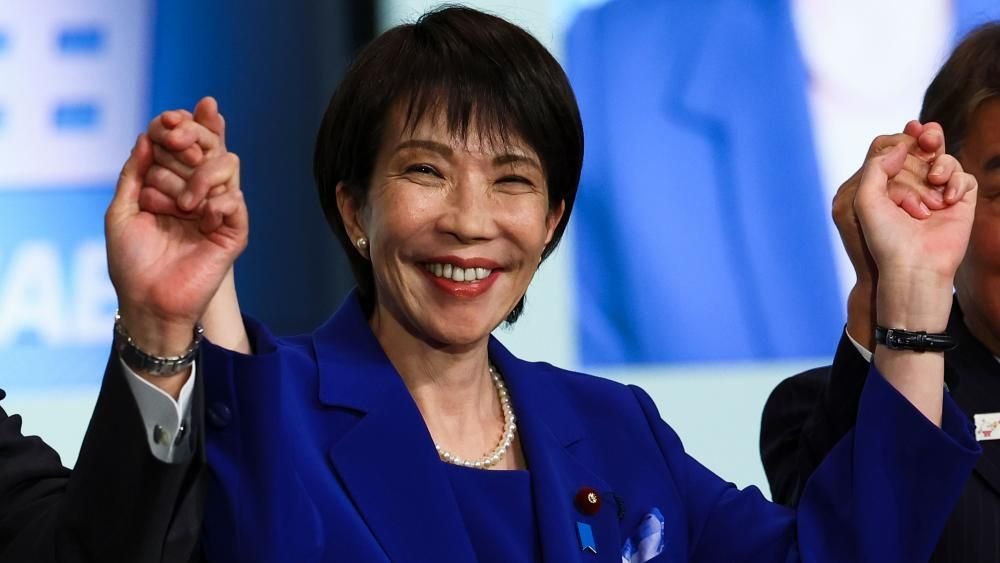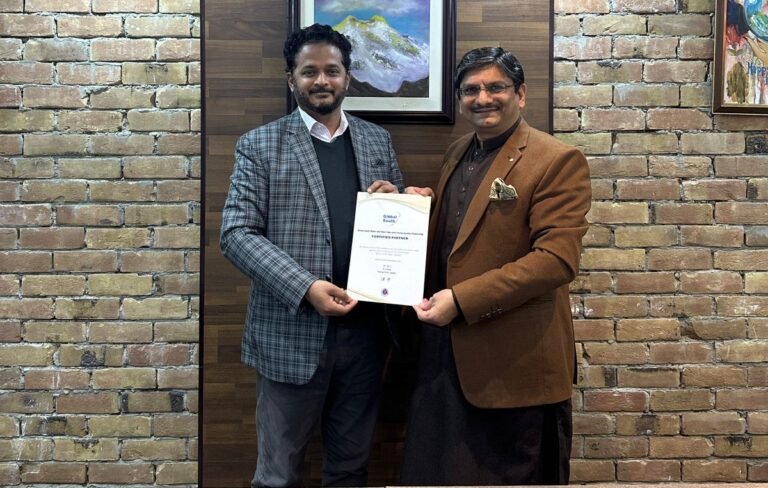Sanae Takaichi’s historic election as Japan’s first female prime minister has been hailed as a defining moment for a country often criticized for its slow progress on gender equality. Yet, her arrival at the pinnacle of political power has prompted reactions that are markedly ambivalent, especially among those who have long fought for deeper systemic change.
Elected on 21 October 2025 at age 64, Takaichi secured a commanding majority in both houses of parliament. She defeated her rivals with 237 votes in the Lower House and 125 in the Upper House. Her win followed a high-stakes leadership battle in the ruling Liberal Democratic Party (LDP), one which she narrowly navigated through a last-minute alliance with the right-leaning Japan Innovation Party (JIP). The move came after the LDP’s traditional coalition partner, Komeito, withdrew support. This decision underscored the fractures and scandals that have marred the party’s recent record and cost it majorities in both chambers.
Takaichi is known for her conservative stance and admiration for Margaret Thatcher. She is a symbol of gender breakthrough wrapped in staunch traditionalism. Though she has appointed Satsuki Katayama as Japan’s first female finance minister, her cabinet still includes only two women, a number unchanged from the previous administration.
Her opposition to same-sex marriage, refusal to support separate surnames for married couples, and advocacy of patriotic education and defense expansion have made many feminists wary. They argue that symbolic representation alone, without feminist policy change, does little to dismantle patriarchal structures.
That sentiment is echoed by figures such as feminist scholar Chizuko Ueno, who noted that “a woman in office doesn’t automatically empower all women.”
She likened Takaichi’s rise to the era of Thatcher in the UK, reminding the public that women leaders can perpetuate the status quo as effectively as men, if not more so. For younger generations like 21-year-old Ayda Ogura, the excitement around having a female prime minister is dampened by the realization that her beliefs appear to align more closely with preserving tradition than transforming it.
Read More: Gender Pay Gap in Pakistan: An Analysis of ILO Report 2025
Takaichi presents herself as a disciplinarian and economic realist. She rejects the concept of “work-life balance,” pledging instead to “work and work and work” to restore public trust in a party tainted by corruption and inefficiency.
Indeed, national defense and foreign relations are at the top of her agenda. A protégé of the late Shinzo Abe, Takaichi has long pushed for a constitutional revision to formalize Japan’s Self-Defense Forces, increase military spending, and expand the country’s regional influence. Her early diplomatic test came swiftly in the form of a high-profile meeting with US President Donald Trump.
Though both nations have reaffirmed the importance of their security alliance, Trump’s unpredictable stance on defense cost-sharing and trade has left Japan cautious. Takaichi used the meeting to signal Japan’s readiness to invest further in its own security while deepening strategic cooperation with Washington. Her government has emphasized the need for a more self-reliant Japan in an increasingly volatile region flanked by China, Russia, and North Korea.
Yet Takaichi’s challenges are not limited to geopolitics. Domestically, she must confront a shrinking population, rising living costs, and a crisis of public confidence. Her promise to abolish a long-standing gasoline tax, invest in semiconductors, and support small businesses forms part of a broader stimulus effort aimed at revitalizing a sluggish economy. But she will also need to make difficult decisions about social policy, including how to support working families and draw more women into the labor market, if Japan is to withstand demographic decline.
As the first female prime minister, Takaichi inevitably bears the weight of history. But her legacy will not be determined by gender first as it will be judged by whether she can stabilize a volatile political landscape, maintain party unity, and deliver real reform amid entrenched conservatism.
The symbolic victory is hers, but the substance of change remains uncertain.

Noor ul Sabah
Noor ul Sabah is a feminist researcher focused on intersectional approaches to gender, technology, and governance. Her work explores how power and identity shape experiences of violence, migration, and citizenship.
- Noor ul Sabah
- Noor ul Sabah
- Noor ul Sabah








